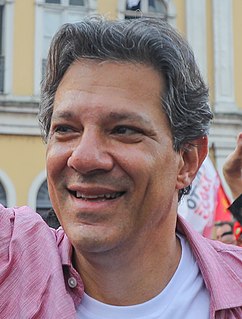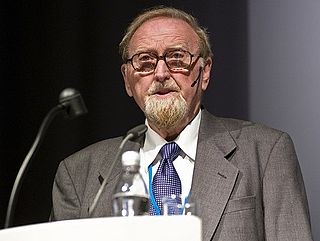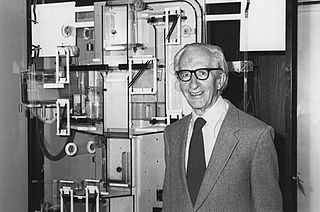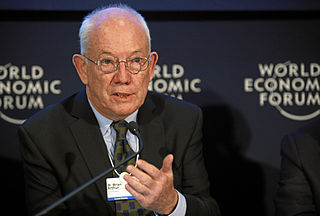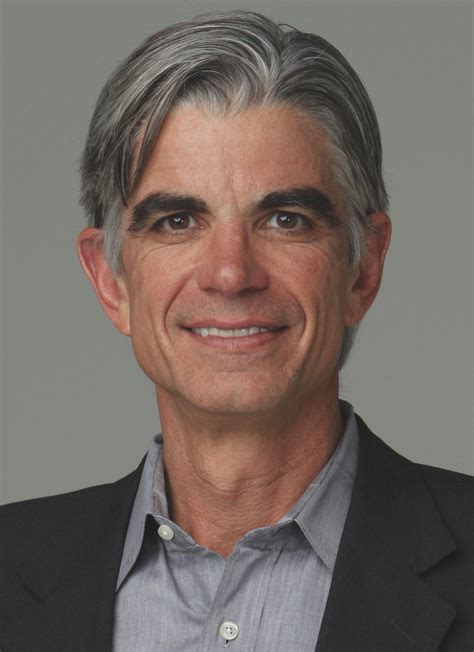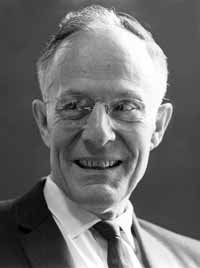Top 1200 Economics Quotes & Sayings
Explore popular Economics quotes.
Last updated on December 21, 2024.
I am opposed to all forms of control; I am for an absolute laissez faire, free, unregulated economy. I am for the separation of the state and economics, just as we had separation of state and church, which led to peaceful coexistence among different religions...so the same applies to economics. If you separate the government from economics, if you do not regulate production and trade, you will have peaceful cooperation, and harmony and justice among men.
My Prime Minister regards the economy as our highest priority and forgets that economics and ecology are derived from the same Greek word, oikos, meaning household or domain. Ecology is the study of home, while economics is its management. Ecologists try to define the conditions and principles that enable a species to survive and flourish. Yet in elevating the economy above those principles, we seem to think we are immune to the laws of nature. We have to put the ‘eco’ back into economics.
Anyway that's a large part of what economics is - people arbitrarily, or as a matter of taste, assigning numerical values to non-numerical things. And then pretending that they haven't just made the numbers up, which they have. Economics is like astrology in that sense, except that economics serves to justify the current power structure, and so it has a lot of fervent believers among the powerful
I am practical by nature, and I'd heard that being a writer or an artist is a good way to starve! So I was an economics major at Oklahoma State, and then received an M.S. from Cornell in Agricultural Resource and Managerial Economics. I knew if I wanted to write I would do it on my own, but I knew I wouldn't make myself study economics on my own.
I started in the law; and the study of law, when it precedes the study of economics, gives you a set of foundation principles about how human beings interact. Economics is very useful, and I studied economics in graduate school. But without understanding the social and organizational context of economics, it becomes a theory without any groundwork.
I think historically modern economics, capitalist economics, tends to erode moral categories... And this is where I think the right gets capitalism wrong. They kind of assume that there is a moral equivalence or moral valence to capitalism, but I tend to think that economics erodes all the kind of cultural taboos and inhibitions and values it comes into contact with.
We should know that only replacing the economics of competition and greed with the economics of equitable cooperation will guarantee a globalization that takes advantage of potential efficiency gains in ways that also promote environmental protection, international equity, economic democracy, and variety.
Most of the people in the world are poor, so if we knew the economics of being poor, we would know much of the economics that really matters. Most of the world's poor people earn their living from agriculture, so if we knew the economics of agriculture, we would know much of the economics of being poor.
My mother and my father taught me to look at the actual problem, not the face of it, not the veneer of it. So for me, I was never - I was impressed that it - racially, I was impressed, right, but now in America it's about economics, and it's been about economics, and honestly, everything's been about economics since I don't want to say the beginning of time, but it's been about economics for a long while.
How should the best parts of psychology and economics interrelate in an enlightened economist's mind?... I think that these behavioral economics...or economists are probably the ones that are bending them in the correct direction. I don't think it's going to be that hard to bend economics a little to accommodate what's right in psychology.
I do sense, as compared with let's say the early '50s, there's somewhat more of a careerism. I don't think it's anything special to economics; it's equally true with physics or biology. A graduate education has become a more career-oriented thing, and part of that is because of the need for funding. In fact, that's a much worse problem in the natural sciences than it is in economics. So you can't even do your work in the natural sciences, particularly, and even to some extent in economics, without funding.
When people are running up more and more debt for housing, they call that "real wealth." It exposes what's wrong in the mainstream economics and why most of the economics that justifies austerity programs and economic shrinkage is in the textbooks is not scientific. Junk economics denies the role of debt and denies the fact that the economic system we have now is dysfunctional.








